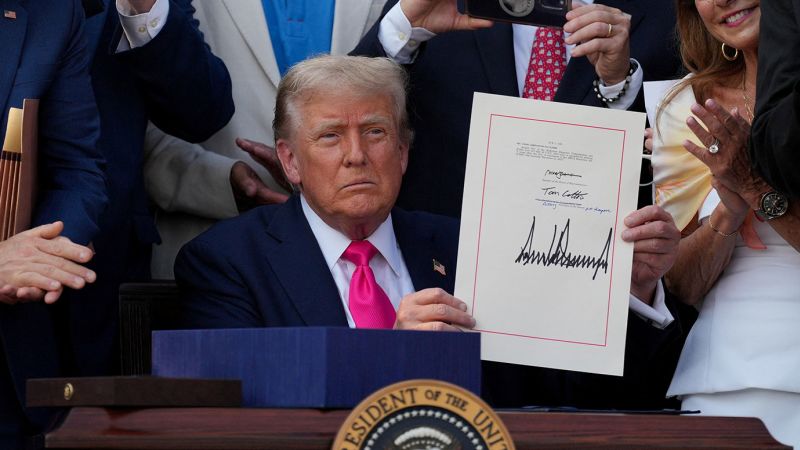Kimbal Musk Advocates Trade Careers Over College Degrees

The ongoing discussion surrounding the value of college education intensified recently when entrepreneur Kimbal Musk and investor Chamath Palihapitiya criticized the rising costs and limited financial returns of traditional degrees. Musk specifically highlighted the benefits of pursuing a trade, particularly as an electrician, suggesting that such paths could lead to significant earnings for young adults.
In a post on the social media platform X, Musk shared Palihapitiya’s concerns regarding higher education. He asserted that obtaining a diploma in the electrical trade can be more financially rewarding than many college degrees. “If anyone wants to make serious cash as a young adult, get a diploma as an electrician,” Musk stated. He emphasized that this choice could lead to outpacing “99.999% of college grads in short and long term compensation.”
Musk’s comments reflect a growing sentiment that skilled professions may offer a more stable and lucrative career path in today’s economy. As college tuition continues to rise, many young adults are questioning whether the investment in a four-year degree is worth the potential financial return. According to recent data, the average student loan debt in the United States exceeds $30,000, making the financial burden of college a pressing issue for many graduates.
The debate is not just confined to the United States. Globally, students are grappling with similar concerns about the return on investment of higher education. In countries where vocational training is emphasized, such as Germany and Switzerland, skilled trades often lead to high-paying jobs and job security. This international perspective adds weight to Musk’s argument that career paths outside of traditional degrees can be both fruitful and fulfilling.
While Musk’s assertion may resonate with some, others argue that college degrees still hold value, particularly in fields requiring advanced education and specialized knowledge. Certain professions, such as medicine and engineering, necessitate a degree for entry, making the discussion about education complex and multifaceted.
As the conversation evolves, it is clear that young adults today are increasingly seeking alternatives to traditional educational paths. The push for vocational training and apprenticeship programs is gaining momentum, as more individuals aim to secure stable employment without incurring significant debt.
Musk’s advocacy for trade careers could signal a shift in societal attitudes towards education and employment. As financial realities continue to shape the choices of young people, the dialogue about the worth of college degrees versus trade certifications is likely to persist.






